What is required for a posting in international cooperation?
What skills should you have (or be able to learn easily on the job) for a posting abroad, for example as a UN Youth Volunteer?

International cooperation organisations pursue the objective of promoting sustainable development. To succeed, they rely on professionals from various work areas, such as finance or education, human resources or health, communication or law. But what are the specific skills needed to work in this field – especially on assignments abroad? We answer this question through the example of "Swiss Youth at the UN / World Bank", a programme for Swiss graduates.
Adaptability
“I’m good at adapting.” Easier said than done! It’s highly likely that your adaptability will be sorely tested. For example, your supervisor changes jobs and you have to work with a replacement who is not ideal. Or there are constant changes. Or the specifications created before your arrival are no longer relevant. How do you react? Do you get thrown off track or stay calm?
Changes can also be caused by the local context: the country is facing a humanitarian crisis and your organisation must quickly change its activities to respond to the emergency. Can you adapt?
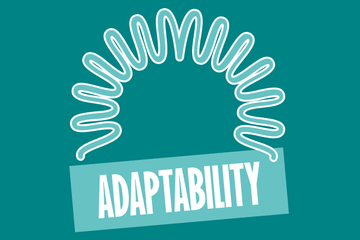
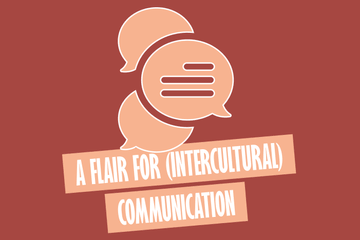
A flair for (intercultural) communication
Communicating is more than just about transmitting information. Who is the best person to contact, through which channel, and in what style and tone? If you don't get an answer, is it better to wait or follow up? How do you convey criticism without damaging the relationship? And what about communication you receive: are you sure that you have understood and correctly interpreted the nuances and what was written between the lines?
When you find yourself in a multicultural context, you interpret the situation based on your worldview. Can you step outside of your Western perspective? And assess the other culture from different points of view? Are you willing to actively get to know the people you meet?
The ability to manage stress
You are engaged and make sure that you do your job well. But suddenly there is more work than you can manage. How do you prioritise your work? What is important or urgent? Can you say no without damaging your reputation?
Equally important: Can you prioritise your work so that you still have time to relax and benefit from your experiences in your new posting without neglecting your responsibilities?
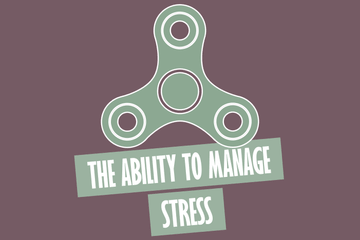
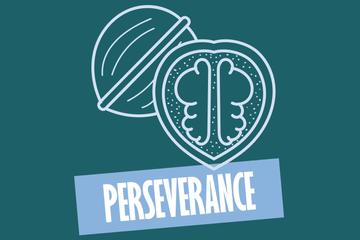
Perseverance
The work of youth volunteers can sometimes leave much to be desired. You have the feeling of being forgotten. You don’t have enough work or you don’t find it challenging enough. Your relations with one or another colleague could be better. Does it make you want to toss it in? Working with ‘difficult’ people is an art. Can you interpret this or that situation as an opportunity to improve? Can you develop strategies so that you don’t just have to put up with the difficulties?
Not seeing the direct results of your own work can be frustrating. Can you manage to value your own work even if the results are less visible than in concrete actions such as distributing tents or food?
Autonomy
Your supervisor has given you a job to do and then left for a month-long assignment in another country. You realise that you can’t find the information that you need and that the agreed task makes no sense. Are you able to deal with it independently and take the initiative without upsetting the hierarchy?
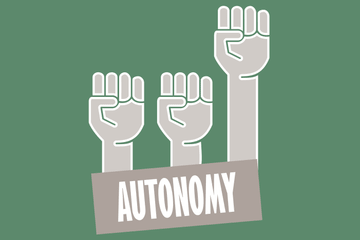
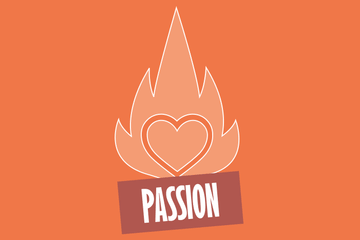
Passion
You may face hurdles related to administrative issues, a lack of resources or unmotivated colleagues. Can you manage to stay focused on the goals and vision of the mission, so that you can mobilise your passion, prove yourself and convince others? Are you able to concentrate your energy on what is feasible, even if this means taking steps that are unusual but appropriate to the actual situation?





